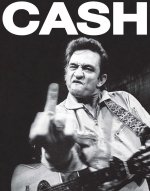ChloeTzang
Literotica Guru
- Joined
- Apr 14, 2015
- Posts
- 10,889
1*Horst Wessel Lied ("Die Fahne hoch" or "Raise the Flag")
2*Genre: Bwaaahahahahahah
3*Political leaning: Guess
4*No idea
6 We won the war, but the Germans had the best songs....
7 The anthem of the Nazi Party (NSDAP) from 1930 to 1945. Little know is that from 1933 to 1945, this song was the co-national anthem of Germany, along with the first stanza of the "Deutschlandlied". The lyrics to the "Horst-Wessel-Lied" were written in 1929 by Sturmführer Horst Wessel, the commander of the Nazi paramilitary "Brownshirts."
2*Genre: Bwaaahahahahahah
3*Political leaning: Guess
4*No idea
6 We won the war, but the Germans had the best songs....
7 The anthem of the Nazi Party (NSDAP) from 1930 to 1945. Little know is that from 1933 to 1945, this song was the co-national anthem of Germany, along with the first stanza of the "Deutschlandlied". The lyrics to the "Horst-Wessel-Lied" were written in 1929 by Sturmführer Horst Wessel, the commander of the Nazi paramilitary "Brownshirts."
